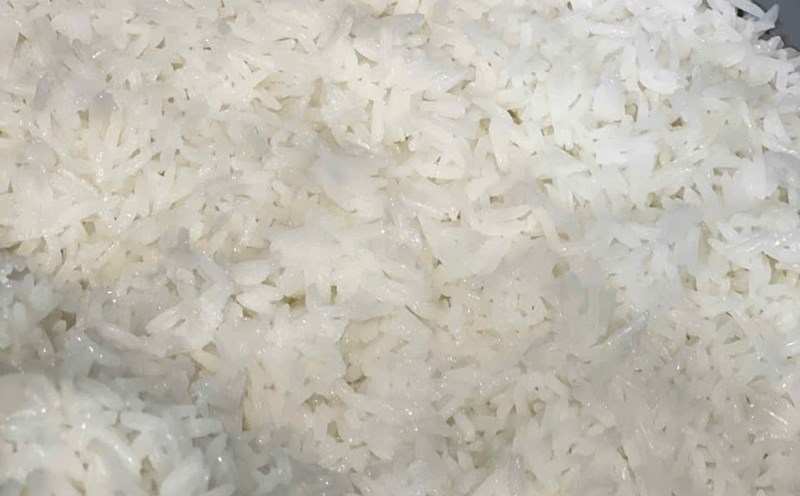For many people, especially in Asia, rice is not only a side dish but also an essential food in every meal.
Rice provides carbohydrates, provides quick energy and a feeling of fullness for a long time. However, with the popularity of low-starch diets for weight loss, more and more people are considering "cutting down on rice" completely for a certain period of time
Nutritionist Aditi Prabhu, founder of NutroDynamix, said that refined white rice is mainly a source of simple carbohydrates, low in fiber and nutrients.
Showing off rice for about a month can cause energy levels to change at first and increase hunger. However, it does not affect metabolism. After the adjustment phase, the body will gradually stabilize as long as the portion is balanced between starch, protein and fat, says Ms. Prabhu.
One issue of concern is whether giving up rice causes nutritional deficiencies. According to Ms. Prabhu, if the main portion is well-striven white rice, stopping eating rice will not cause significant shortages.
However, for those who are used to using brown rice or rice with added value that is rich in fiber, B vitamins, iron and magnesium, the risk of micronutrient deficiency can occur. However, this can be completely overcome by adding other whole foods.
When giving up rice, nutritionist Prabhu recommends replacing it with more nutritious grains and foods, such as millet (ragi, bajra, kodo, porso), quinoa, buckwheat, Rajgira, whole wheat, oats, barley. In addition, starchy vegetables such as sweet potatoes, yams or cassava are also suitable choices.
Stopping eating rice for a month does not necessarily bring negative consequences if you know how to balance your portion sizes and choose reasonable alternatives.
Most importantly, the diet needs to maintain diversity and balance, instead of relying too much on any one food.











